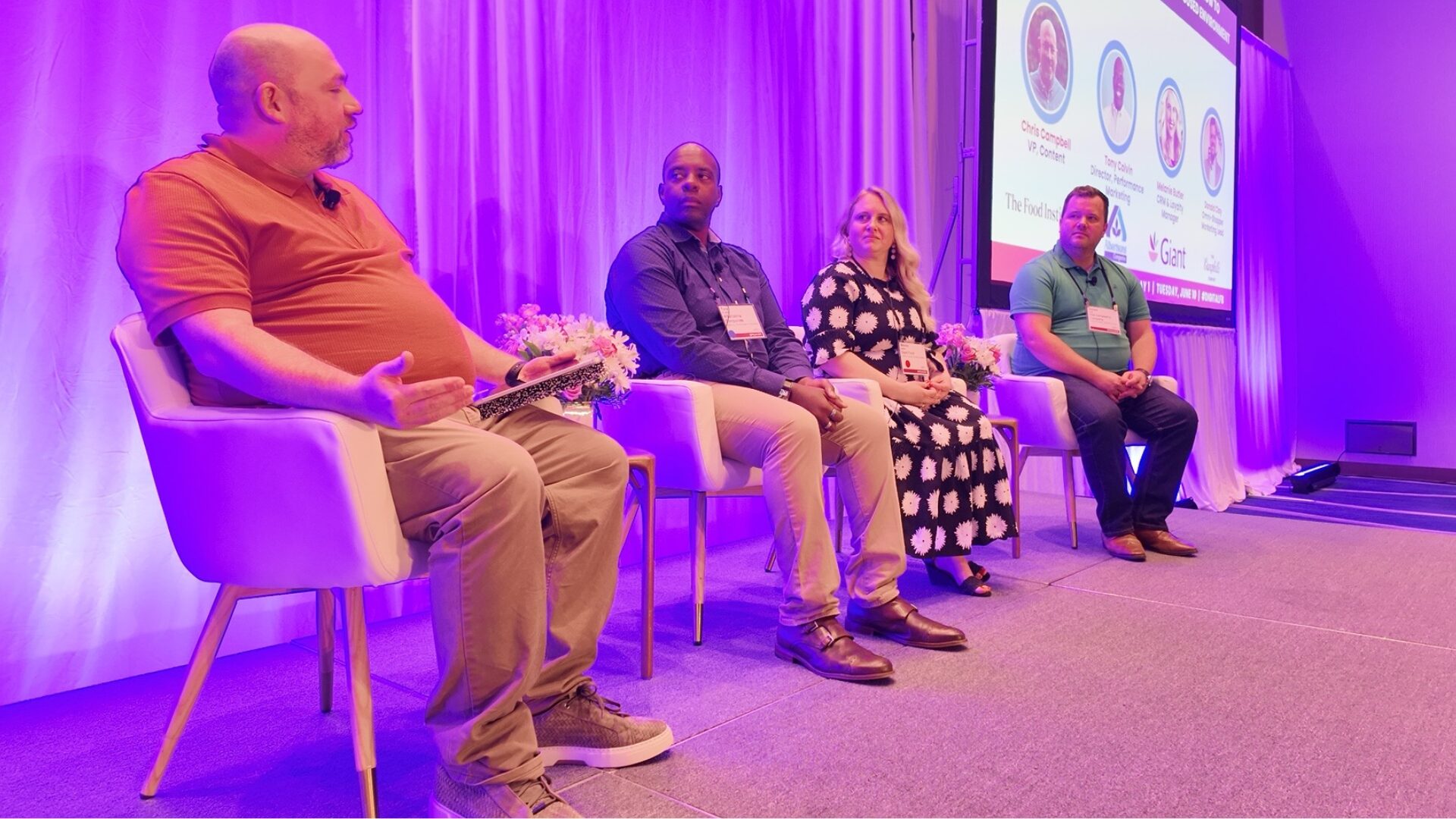Consumer demand for low carb products has remained strong in 2021, due in part to the ongoing popularity of the ketogenic diet, which involves drastically reducing carbohydrate intake and replacing it with fat.
According to Mintel’s Global New Product Database, the percentage of new food and drink launches that included the term ‘keto’ in the product description nearly doubled over the past twelve months, up to 2.3% from 1.2% in 2020, reported Food Navigator (June 28).
In response to demand, the floodgates of innovation have opened, with companies utilizing alternative ingredients, upcycling, and food technology to create healthy, low carb bread options.
Here are a few recent innovations in this category.
Hamburger Buns
North Carolina-based startup UnbelievaBuns recently finalized a deal with national food-service distribution company Sysco. Founder and fitness enthusiast Jerrod Adkins spent seven years perfecting his recipe for the nutrient dense sandwich buns, which contain 1.8 net carbs, 17 grams of protein, and 7 grams of fiber.
The product is currently sold online and in health food stores. Adkins plans to leverage the partnership with Sysco to help move the buns into restaurants nationwide, reported Charlotte Business Journal. (June 16)
Upcycled Flour
In May, Texas-based food manufacturer Grain4Grain received $100,000 in seed funding from an innovation fund run by The Kroger Co.
The food tech startup converts spent grain from breweries into a low-carb flour by rapidly drying it through patent-pending technology. This reduces the drying process from six hours to 15 minutes, reported San Antonio Business Journal. (May 13)
Grain4Grain’s low carb flour contains 3 net carbs,18 grams of protein, and 25 grams of fiber per half cup. The company also offers pre-made pancake and waffle mix.
Beyond the Diet
Newly launched Better Bagels contain 90% less carbs than a traditional bagel, or the carbohydrate equivalent to half an orange or two slices of banana. To create them, food tech company Better Brands uses proprietary formulations to replace traditional ingredients that contribute to their high refined carb content.
Founder and CEO Aimee Yang believes that food technology will help shape a future where people can eat what they want without fear of weight gain or negative health consequences.
“In the next 5- 10 years, we hope to make the word ‘diet’ a thing of the past, along with the anxiety, stress, and feelings of deprivation that comes alongside,” Yang told The Food Institute.











